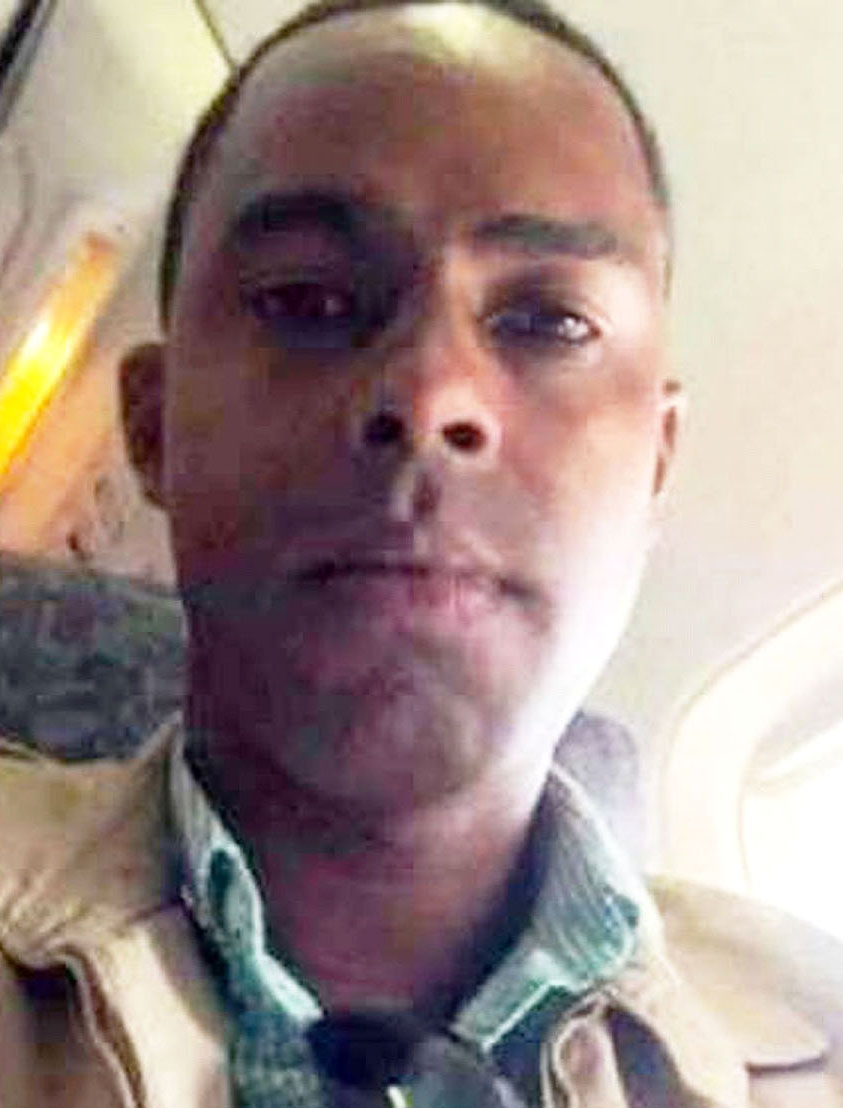(Trinidad Guardian) Dillian Johnson, who fled the country in December 2017 after he was shot at his Gasparillo home and claimed that he was a victim of a targeted hit, has been granted humanitarian protection in the United Kingdom.
“I just feel vindicated,” was Johnson’s laconic response to a question sent to him by Guardian Media via email.
Johnson received the news from his lawyers Sarah Lattimer and Michael Mc Garvey earlier today after the United Kingdom Home Office of Visas and Immigration weighed his case and sent their decision to his lawyers via email and hard copy, along with a 38-page judgment.
The email read: “The Home Office has sent a positive decision to your legal team. You have been granted Humanitarian Protection.”
Attached was a link to a booklet outlining the Home Office’s conditions on humanitarian protection.
Under the subheading Standard of proof, it stated, “Humanitarian Protection must be granted where there are substantial grounds for believing that there is a real risk of serious harm. In considering whether there are such grounds the standard of proof to be applied is the same as applies in asylum, that is ‘a reasonable degree of likelihood’ that the person would face a ‘real risk’ of serious harm on return to their country of origin.”
It also stated under Burden of proof, “The burden of substantiating a claim lies with the claimant, who must establish to the relatively low standard of proof required that they qualify for protection. Paragraph 339I of the Immigration Rules emphasises the burden is on the claimant to provide evidence and the duty of the caseworker to assess the information put forward in cooperation with the person. Caseworkers must examine, investigate and research the available evidence and, if appropriate, invite further submission of evidence if necessary.”
When an individual is granted humanitarian protection they are eligible to be granted a British passport within a few weeks with no travel restrictions, unlike someone who is granted refugee status.
Johnson’s mother said “I think it is more than deserving and I wish him all the best.”
Peter Tatchell, a British human rights campaigner, who had been outspoken about Johnson’s case told Guardian Media Limited via phone, “Dillian had a very strong case for asylum because he was at serious risk of being killed if he got back to Trinidad and Tobago. I am delighted that the Home Office granted him humanitarian protection and it is a tragedy he had to leave his home country.”
Tatchell added, “I hope that witnesses in his case get full police protection because they are now at risk of being killed.
Further police action is required to bring to justice the people responsible for shooting him outside his home in 2017.”
Allegations surfaced in 2017 that Chief Justice Ivor Archie tried to influence Supreme Court justices to change their personal state-provided security in favour of a private security company that employs his “close friend” Dillian Johnson, a convicted felon, as a consultant.
Johnson claimed that a high ranking judicial officer conspired with law enforcement personnel to have him killed.





